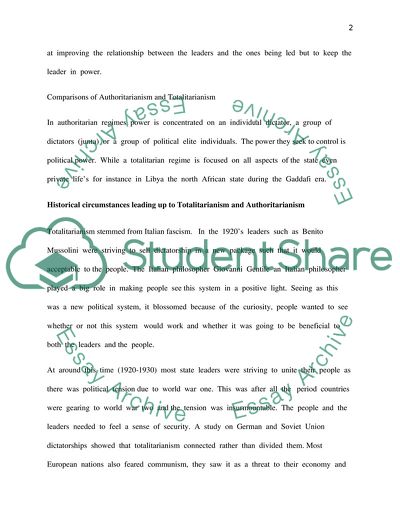Cite this document
(“Contemporary Theories of Political Economy Assignment”, n.d.)
Contemporary Theories of Political Economy Assignment. Retrieved from https://studentshare.org/politics/1760731-contemporary-theories-of-political-economy
Contemporary Theories of Political Economy Assignment. Retrieved from https://studentshare.org/politics/1760731-contemporary-theories-of-political-economy
(Contemporary Theories of Political Economy Assignment)
Contemporary Theories of Political Economy Assignment. https://studentshare.org/politics/1760731-contemporary-theories-of-political-economy.
Contemporary Theories of Political Economy Assignment. https://studentshare.org/politics/1760731-contemporary-theories-of-political-economy.
“Contemporary Theories of Political Economy Assignment”, n.d. https://studentshare.org/politics/1760731-contemporary-theories-of-political-economy.


